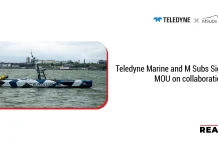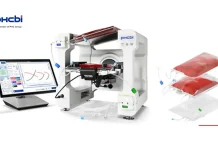Sonatus, a global leader in software-defined vehicle technology solutions, released survey results exploring how much consumers know about automotive software and how much money they’d be willing to spend on enhanced software functionality. Findings showed that despite seemingly constant headlines about automotive cybersecurity breaches, over a third of respondents are not concerned about their vehicles being hacked. However, most of the surveyed consumers who did have cybersecurity concerns expressed a willingness to pay a premium for added security features, with nearly 60% of all consumers willing to spend at least $250, and 30% willing to spend at least $1,000.
With regards to specific concerns over what a hacker might do if they were to infiltrate a vehicle’s security system, consumers are most concerned about their vehicle being physically stolen, which is not something typically associated with cybercrime. 60% cited this as a key concern, compared to 55% that reported concerns of hackers gaining access to their personal data, 53% that have concerns about location tracking, and 52% that are concerned about hackers interfering with driving capabilities.
Regarding consumers’ awareness of the software that keeps vehicles secure and performing optimally, the survey revealed a substantial knowledge gap – with nearly 40% of respondents unaware whether their cars could be updated through over-the-air (OTA) software updates. When asked how many OTA software updates they’d be willing to accept if their cars had to be turned off and inoperable for 30 minutes, only 27% of respondents would tolerate five or more updates per week, but that number jumps to 41% if each update only took 30 seconds.
“Automakers are focusing on software updates to maintain and enhance vehicle functionality, which should increase overall customer satisfaction, but the data indicates that deployment time is a key factor in customer acceptance of these updates,” said Jeffrey Chou, CEO and Co-founder of Sonatus. “For vehicle software updates to be perceived as a value add rather than an inconvenience, OEMs need to find ways to shorten the process considerably. That’s why they’re starting to focus on building software-defined vehicles that can be updated by reconfiguring existing software, rather than writing entirely new software.”
Based on its team’s long experience in enterprise datacenters, Sonatus foresaw the need to make dynamic vehicles that could be updated in seconds to deliver new functionality, features, and security in a safe and cost-effective manner. That’s what led it to develop the Sonatus Digital Dynamics™ software-defined vehicle platform, which lives both in-vehicle and in the cloud, empowering OEMs with the underlying foundation necessary to update vehicle functionality and add new features post-production without requiring new software development.






